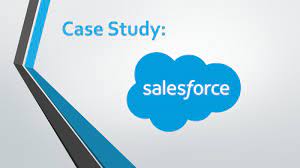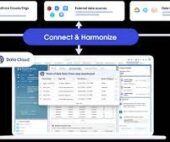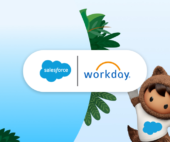Salesforce Informatica Almost
The Deal That Never Was: Salesforce and Informatica In one of the biggest technology news stories of the year, it was reported in April that Salesforce was on the verge of acquiring cloud data management provider Informatica. Salesforce Informatica Almost. Both Bloomberg and The Wall Street Journal confirmed the story, with Bloomberg predicting that the









